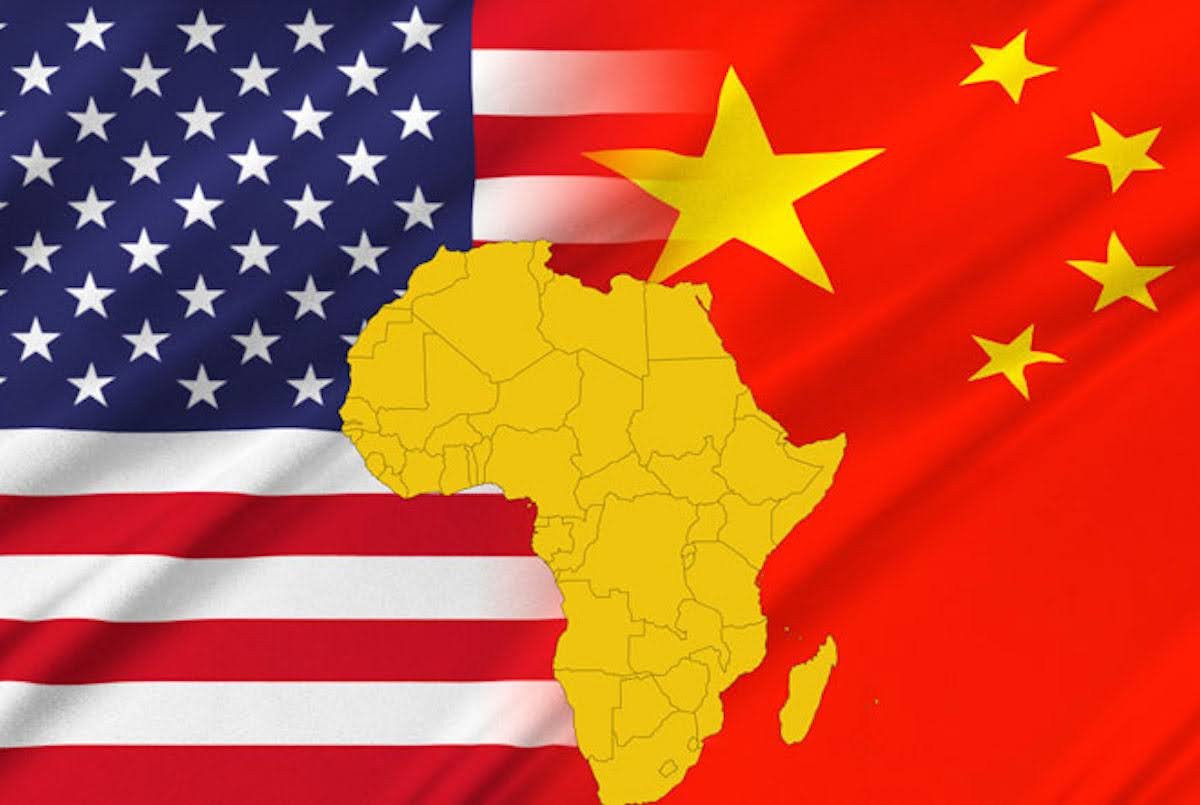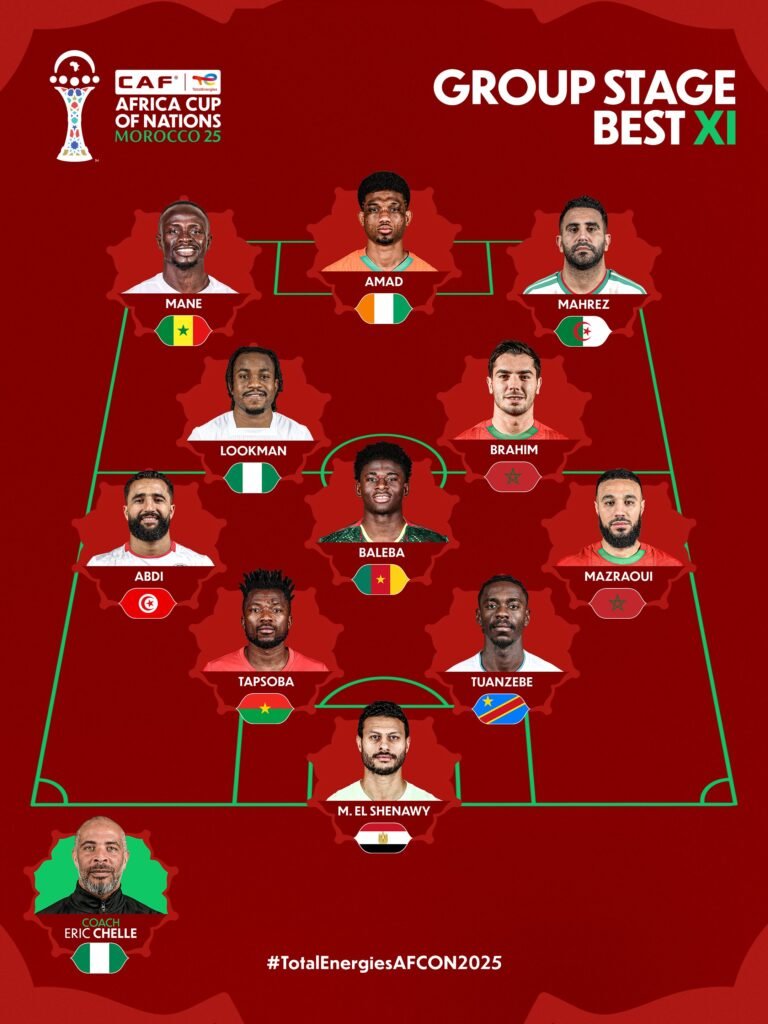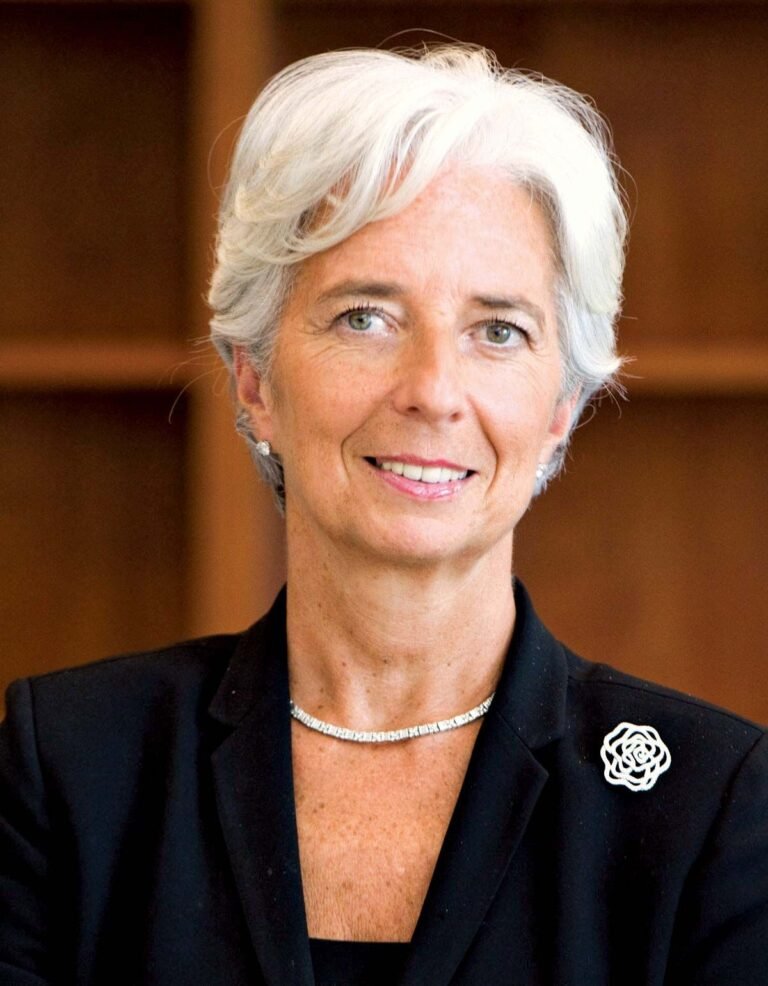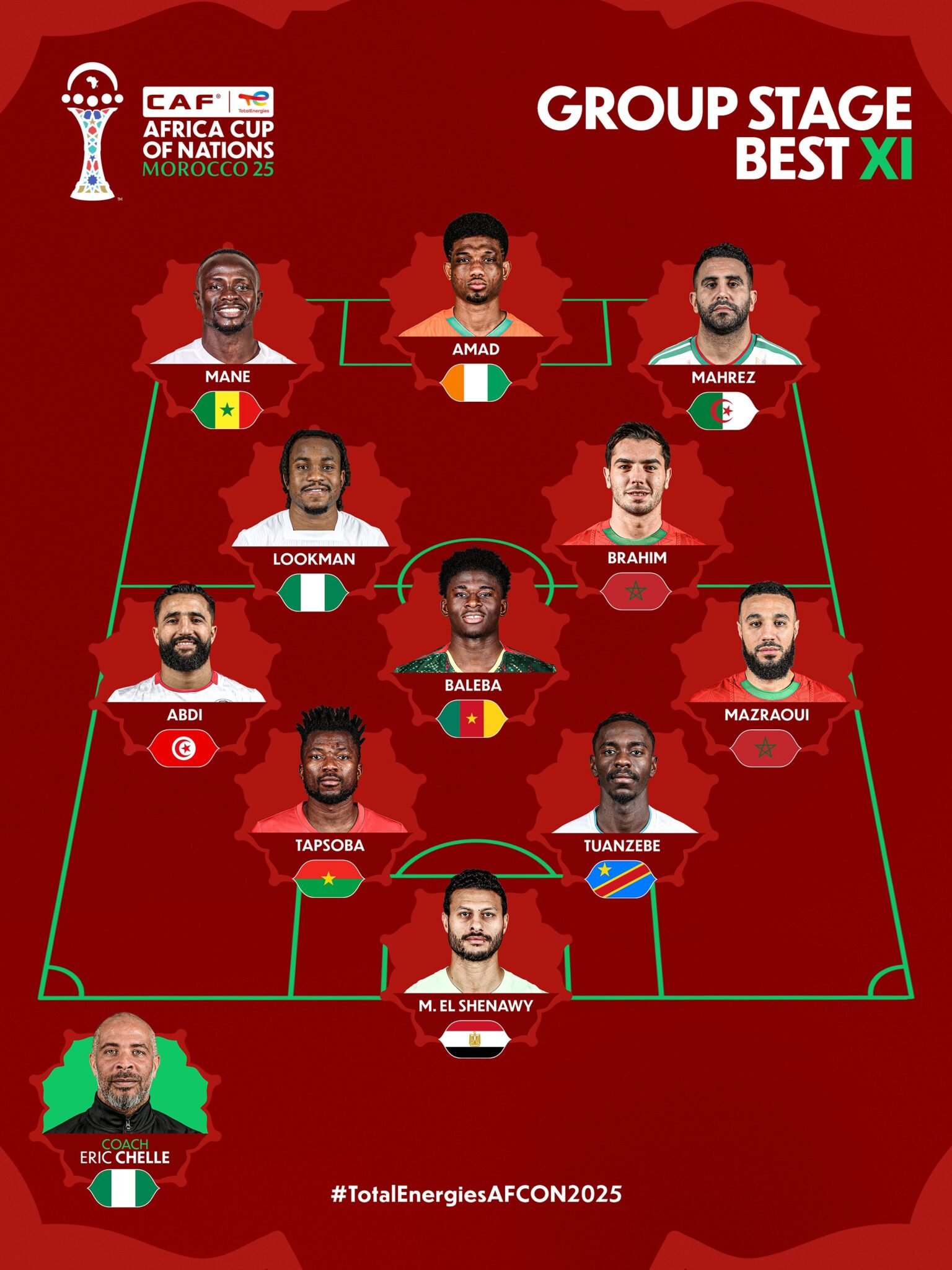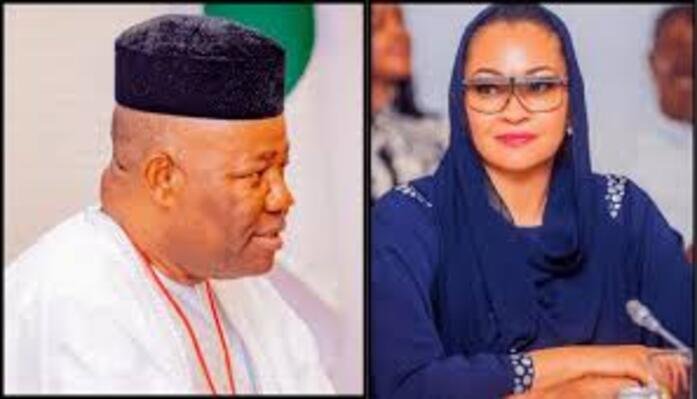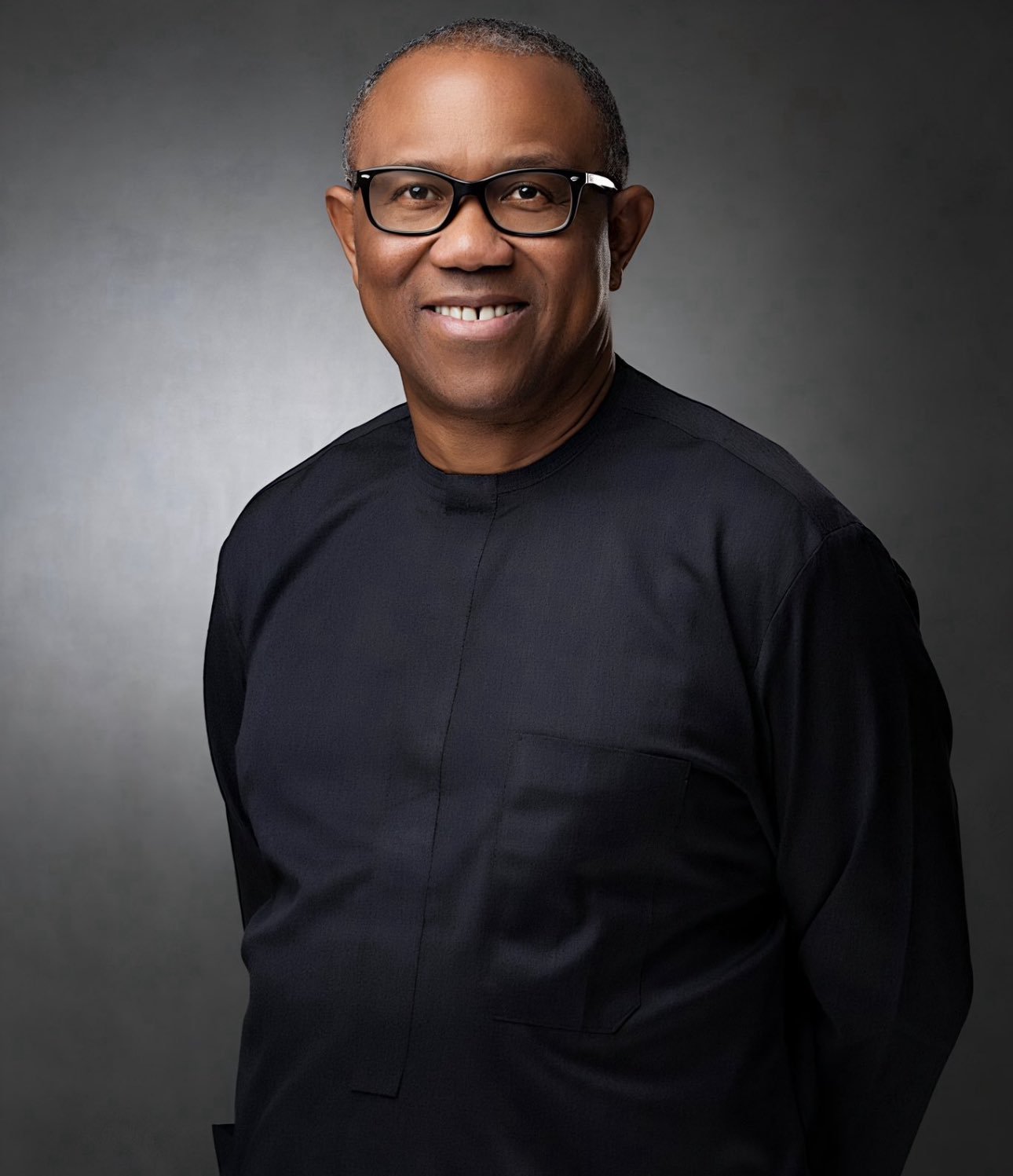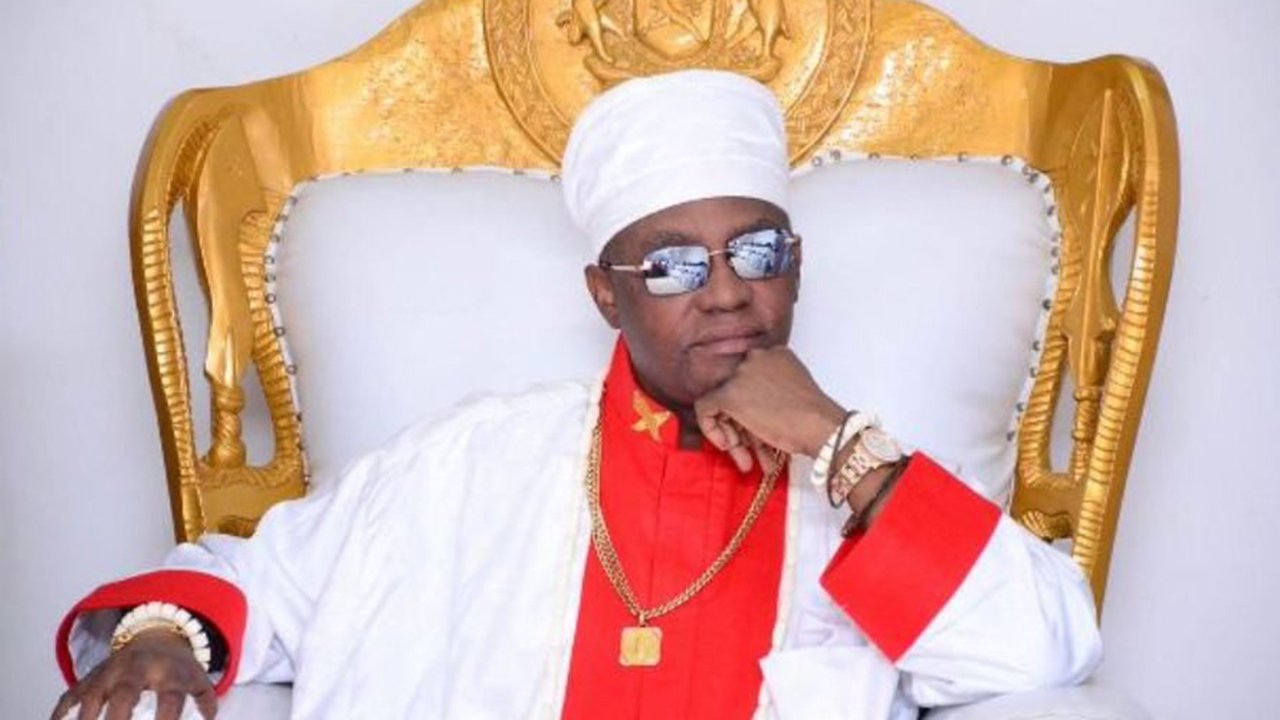The US has overtaken China as Africa’s biggest foreign investor for the first time since 2012, driven by strategic minerals, DFC funding, and geopolitical rivalry.
According to a BBC feature story, for the first time in more than a decade, the United States has overtaken China as Africa’s largest source of foreign direct investment — a turning point in the geopolitical contest over the minerals that power the digital economy.
According to new data from the China Africa Research Initiative (CARI) at Johns Hopkins University, the US invested $7.8 billion across Africa in 2023, almost double China’s $4 billion, marking Washington’s strongest financial push into the continent since 2012.
Also Read:
Behind this surge is a single, powerful driver: Washington’s race to secure critical minerals—lithium, cobalt, rare earths, tungsten and tantalum—that underpin everything from smartphones and EV batteries to AI data centres and advanced weapons systems.
Africa, with its vast untapped deposits, has become the new frontier of this rivalry.
DFC Leads America’s New Playbook
Much of the American momentum is being powered by the US International Development Finance Corporation (DFC), an agency launched during Donald Trump’s first term with an explicit mandate: counter China’s influence in strategic regions.
The agency has become Washington’s sharpest tool in the global minerals race.
In Rwanda, Trinity Metals, a fast-growing producer of tin, tantalum and tungsten, secured a $3.9 million DFC grant to expand three mining concessions.
The firm now sends tungsten and tin to refineries in Pennsylvania — a direct supply-chain link between Kigali and US industry.
Shawn McCormick, Trinity’s chairman, insists the choice of US processing partners was commercial, not political:
“This was not the US government telling us to ship tungsten to America. The economics made sense. And we’ve proven these materials can be produced professionally, free of conflict and child labour.”
Trinity is 5% owned by the Rwandan government, with Irish critical-minerals investor TechMet as a core shareholder.
Africa’s Bargaining Power Is Rising — But Risk Remains
Economist Sepo Haihambo, formerly of FNB Namibia, warns African governments not to assume American capital is benevolent.
“To expect Americans to negotiate in Africa’s best interest automatically is unrealistic. African states must come prepared with clear outcomes.”
She argues that African governments must move beyond simple royalty or concession models by insisting on:
•Production-sharing agreements (PSAs)
•Joint ventures with domestic equity
•Local ownership thresholds
•Policy frameworks for sovereign wealth funds tied to mining profits
And critically, she says, Africa must reverse the long-term pattern of exporting raw ore:
“Processing minerals in Africa is more lucrative. More value stays on the continent.”
US Firms Begin Building Local Processing Capacity
One striking example is ReElement Africa, a subsidiary of US-listed American Resources. The firm is constructing a rare earths and critical-metals refinery in Gauteng, South Africa.
CEO Ben Kincaid says the model is intentional:
“Putting refining facilities next to resources lets countries capture more value, build skills and lay foundations for industrial development.”
It is one of the clearest signs yet that the US is shifting from simply buying African minerals to co-developing processing ecosystems — a space China has dominated for two decades.
But Washington Still Has Blind Spots
Despite the surge in investment, analysts warn the US has also undermined its own momentum.
Prof. Lee Branstetter of Carnegie Mellon University argues that Trump-era tariffs on African exports have dampened goodwill and slowed American companies seeking new deals on the continent.
“Indiscriminate tariffs weakened the US position at a time when many African nations were already complaining that Chinese projects weren’t benefiting local communities.”
Without a clear trade framework and predictable market access for African manufactured goods, the US risks losing ground even as investment rises.
Africa Is Becoming a Multilateral Battleground
Beyond Washington and Beijing, new players are entering Africa’s minerals race. Haihambo notes that Brazil, Japan, India and the Gulf states are aggressively expanding their mining and metals portfolios across the continent.
The future competition for African resources, she predicts, will be multipolar, not bipolar.
What This Means for Nigeria and Other African Economies
While the most visible deals so far are in Rwanda and South Africa, experts say the trend has implications for large mineral economies such as:
•DRC (cobalt, copper)
•Zambia (copper, manganese)
•Namibia (lithium, rare earths)
•Zimbabwe (lithium)
•Nigeria (bitumen, gold, rare earth potential)
For Nigeria, which has struggled to attract meaningful mining investment, the US–China tug-of-war could present an opportunity if Abuja establishes clearer licensing frameworks, enforces ESG standards, and accelerates reforms under the new Solid Minerals Development Roadmap.
Bottom Line
The US overtaking China in African investment marks a strategic shift in the global competition for critical minerals — and a new era where African countries must negotiate harder, demand local value creation, and diversify their international partners.
As the minerals that power the global tech economy become more valuable, Africa’s leverage is rising. The question is whether the continent can finally turn natural resources into long-term prosperity.
Africa foreign investment, US China rivalry in Africa, critical minerals Africa, US DFC Africa, China Africa investment, Rwanda mining news, Nigeria mining policy, African economic development, rare earths Africa.

